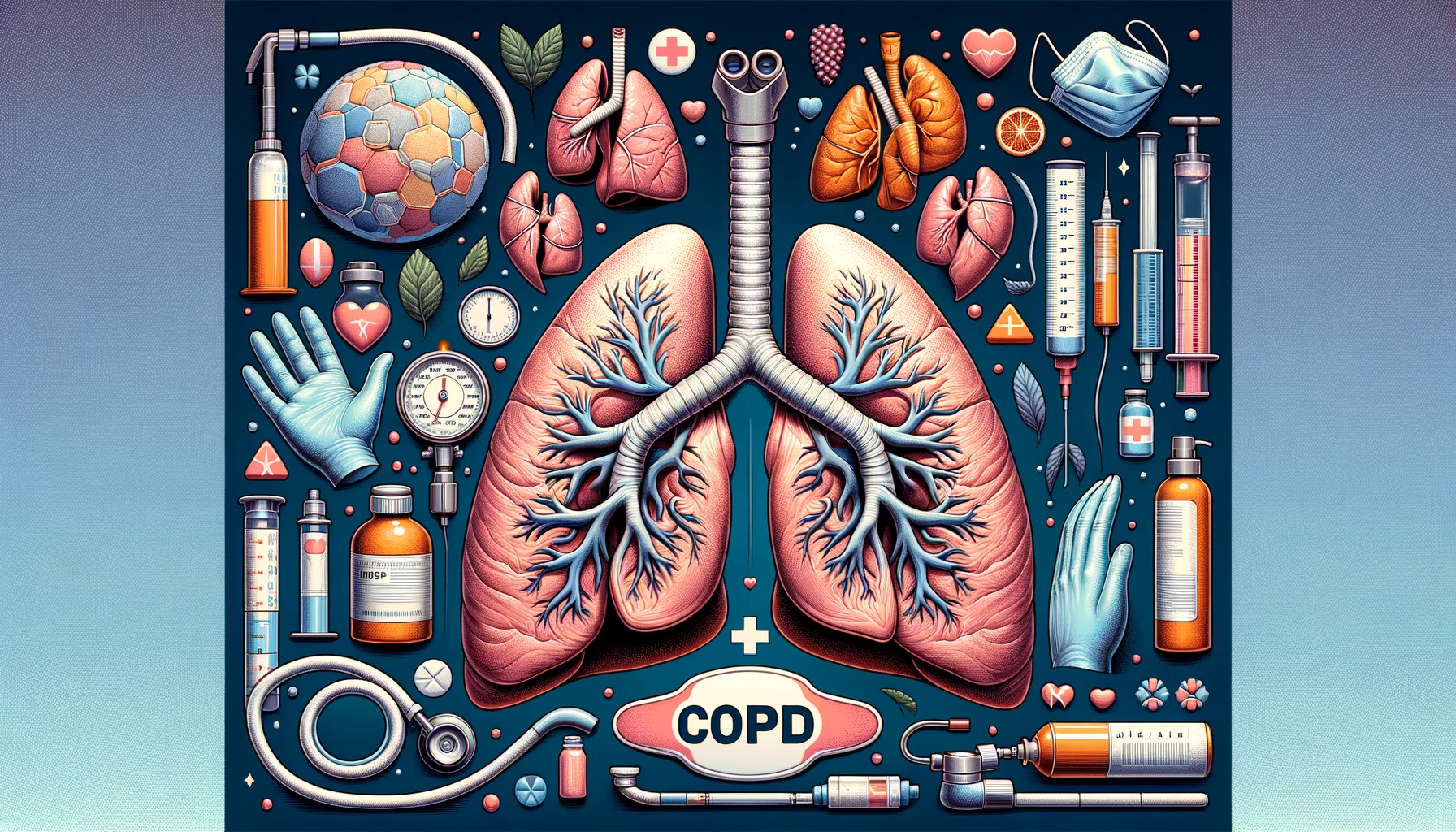A balanced diet is essential for maintaining overall health and well-being.

Blog
Importance of Balanced Diet: Essential for Health and Well-being
A balanced diet is essential for maintaining overall health and well-being. It provides the body with the necessary nutrients to function properly, support growth and development, and prevent chronic diseases. This article explores the importance of a balanced diet, the health benefits it offers, and practical tips for maintaining a nutritious and well-rounded eating plan.
A balanced diet includes a variety of foods in the right proportions to provide the essential nutrients the body needs. These nutrients include carbohydrates, proteins, fats, vitamins, minerals, and water. A balanced diet should include a mix of fruits, vegetables, whole grains, lean proteins, and healthy fats.
Consuming a balanced diet offers numerous health benefits, including:
A balanced diet provides the body with the necessary fuel to perform daily activities and maintain high energy levels throughout the day.
Essential nutrients such as vitamins C and E, zinc, and protein help support the immune system and protect against infections and illnesses.
A balanced diet can help maintain a healthy weight by providing the right amount of calories and nutrients, preventing overeating and promoting satiety.
Eating a variety of nutrient-dense foods can help reduce the risk of chronic diseases such as heart disease, diabetes, and certain cancers.
A nutritious diet can have a positive impact on mental health by supporting brain function and reducing the risk of mood disorders like depression and anxiety.
To achieve a balanced diet, it is important to include the following components:
Fruits and vegetables are rich in vitamins, minerals, and antioxidants that help protect the body against diseases. Aim to include a variety of colors and types in your diet.
Whole grains such as brown rice, oats, and whole wheat provide essential fiber, vitamins, and minerals that support digestive health and prevent chronic diseases.
Lean proteins such as chicken, fish, beans, and legumes are important for muscle repair, immune function, and overall health. Include a variety of protein sources in your diet.
Healthy fats from sources like avocados, nuts, seeds, and olive oil are essential for brain health, hormone production, and reducing inflammation.
Dairy products or fortified dairy alternatives provide calcium, vitamin D, and protein, which are important for bone health.
Maintaining a balanced diet can be achieved with some practical tips:
Plan your meals ahead of time to ensure you include a variety of foods from all food groups. This can help prevent unhealthy eating habits and ensure you get the necessary nutrients.
Be mindful of portion sizes to avoid overeating. Use smaller plates and pay attention to hunger and fullness cues.
Drink plenty of water throughout the day to stay hydrated and support overall health. Limit sugary beverages and opt for water, herbal teas, or infused water.
Reduce the intake of processed and junk foods high in sugar, salt, and unhealthy fats. Focus on whole, unprocessed foods for optimal nutrition.
Pay attention to your body's hunger and fullness signals. Eat when you're hungry and stop when you're satisfied.
Maintaining a balanced diet can be challenging due to various factors, including:
Busy schedules can make it difficult to prepare healthy meals. Planning and meal prepping can help overcome this challenge.
Personal food preferences and aversions can impact the variety of foods in your diet. Experiment with new recipes and foods to find nutritious options you enjoy.
Healthy eating can sometimes be perceived as expensive. Plan meals around seasonal produce and budget-friendly whole foods to manage costs.
Understanding what constitutes a balanced diet can be confusing. Educate yourself about nutrition through reliable sources and consider consulting a registered dietitian.
A balanced diet is crucial for maintaining overall health and well-being. By including a variety of nutrient-dense foods in the right proportions, you can support your body's functions, prevent chronic diseases, and enhance your quality of life. Implementing practical tips and overcoming challenges can help you achieve and maintain a balanced diet. Remember to listen to your body, plan your meals, and make informed choices to enjoy the benefits of a nutritious diet.
A balanced diet includes a variety of foods in the right proportions to provide the essential nutrients the body needs. These nutrients include carbohydrates, proteins, fats, vitamins, minerals, and water. A balanced diet should include a mix of fruits, vegetables, whole grains, lean proteins, and healthy fats.
Whole grains such as brown rice, oats, and whole wheat provide essential fiber, vitamins, and minerals that support digestive health and prevent chronic diseases.
Maintaining a balanced diet can be challenging due to various factors, including:
Need Personalized Health Guidance?
Get expert advice tailored to your specific health needs from our qualified healthcare professionals.





